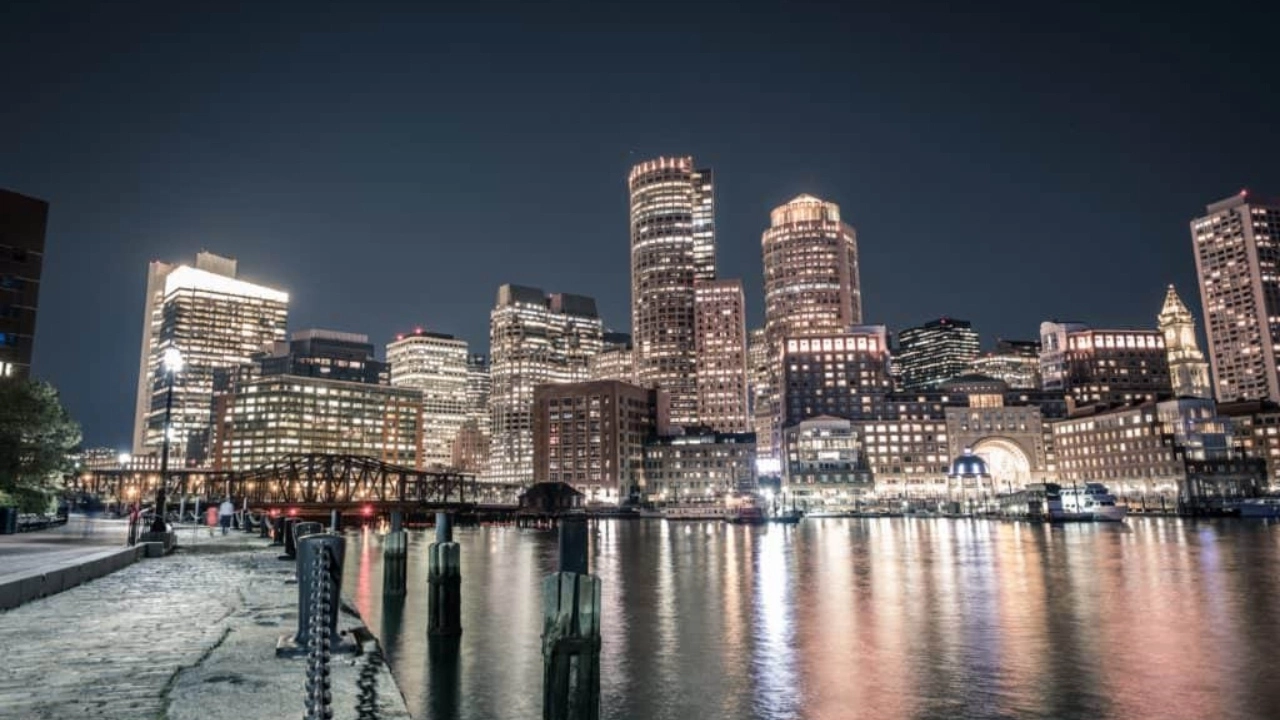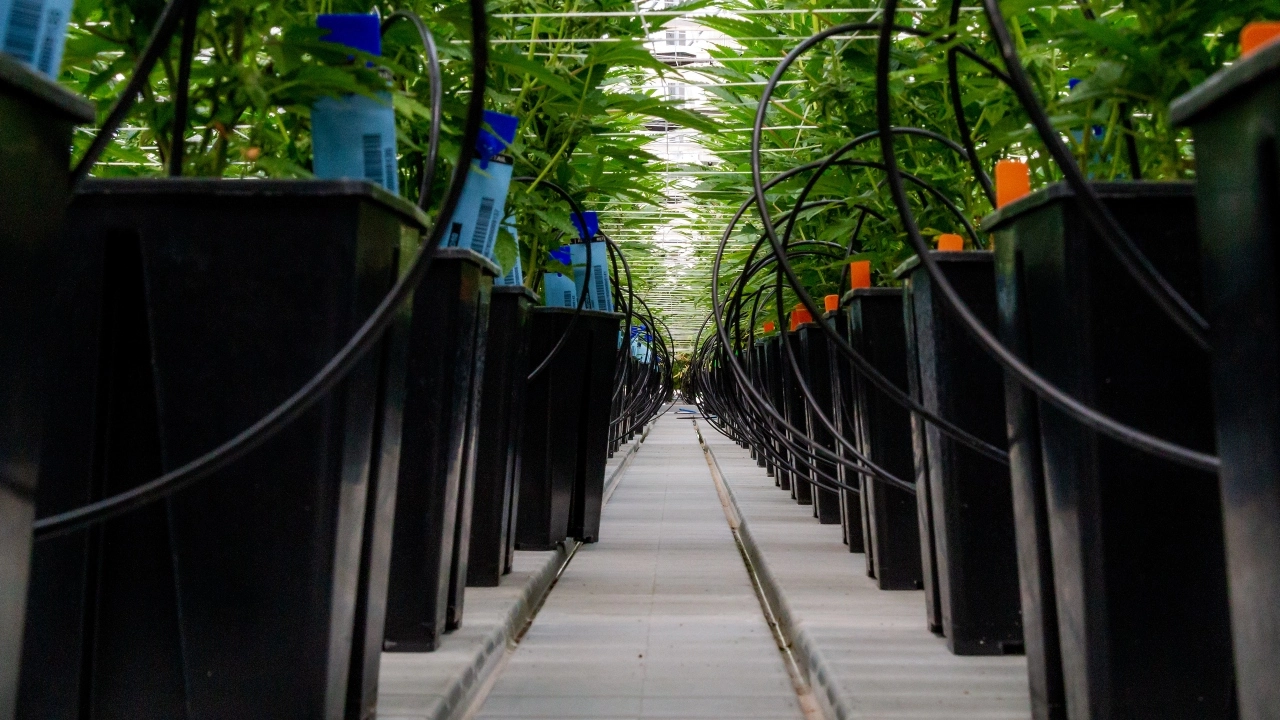 (Editor’s note: This story is part of a recurring series of commentaries from professionals connected to the cannabis industry. Robert Munnelly is a regulatory lawyer based in Massachusetts.)
(Editor’s note: This story is part of a recurring series of commentaries from professionals connected to the cannabis industry. Robert Munnelly is a regulatory lawyer based in Massachusetts.)
The Massachusetts recreational marijuana industry started slowly but, despite some challenges, is poised to grow and prosper in the face of increasing competition from nearby states.
At the end of 2021, Massachusetts celebrated three years since launching its first adult-use cannabis retail sales.
During that time, hundreds of adult-use businesses of all license types – retail stores, cultivators, manufacturers – have passed the multistage licensing process and commenced operations.
According to the state’s Cannabis Control Commission, overall cannabis sales topped $2.54 billion through December 2021.
The commonwealth is prepared for some East Coast competition, as the neighboring state of Maine began recreational sales in October 2020, and legislatures and/or regulators have approved operations in Connecticut, New York and Vermont.
1. Continued robust licensing activity
As of the end of 2021, state regulators had received more than 1,300 adult-use applications, with 900-plus approved to commence operations.
| Area | Approved Licensees |
| Worcester/Central Massachusetts | Over 200 |
| Middlesex/Northwest of Boston | Low 100s |
| Berkshire/Western Massachusetts, Plymouth/Southeast of Boston, Bristol/Border of Rhode Island, Hampden/Springfield Area, and Essex/North of Boston | Each nearing 100 |
Suffolk County, which includes Boston, continues to lag behind peer counties largely because of a slow process for granting host community agreements (HCAs) but appears to be improving.
While most licenses have been issued in nonretail store categories, such as cultivation, microbusiness and new delivery categories, Massachusetts has more than 100 retail stores open selling flower, edibles and other products.
The stores are distributed evenly across the state, reaching most of the commonwealth’s population centers.
2. Continued sales revenue growth
Total retail sales revenue exceeded $2 billion as of August 2021, less than a year after first achieving the $1 billion threshold in November 2020.
Monthly retail sales now substantially exceed $100 million and continue to grow with each new operating licensee.
Heavy tax and fee contributions to state/local agencies
Massachusetts maintains a heavy tax and contribution scheme.
Current assessments consist of:
- 10.75% excise tax payable to the state.
- 6.25% sales tax payable to the state.
- Optional local sales tax of up to 3% (as determined by the host city or town), which is transmitted back to the host city or town.
- Optional community impact fee (up to 3%) payable to the host city or town.
Licensees pay an excise tax of 10.75% and a state sales tax of 6.25%, adding up to at least 17% in mandatory assessments and, commonly, more than 20% once optional assessments are added, on top of any voluntary local commitments.
These fees pose a significant burden for providers already barred by Section 280E of the U.S. tax code from federally deducting most business expenses.
Compared to neighboring states, Massachusetts’s tax burden falls on the higher end.
Are you a social equity cannabis license holder or applicant?
The MJBizCon team is now accepting 2023 Social Equity Scholarship Program applications.
The mission of this program is to provide social equity cannabis license holders or applicants access to the #1 global cannabis industry conference + tradeshow in Las Vegas.
Who can apply?
- Students currently enrolled in a cannabis-related program at an accredited university or college.
- Cannabis executives at licensed social equity cultivation, extraction/processing, retail, manufacturing/brand businesses (or awaiting application approval).
Don’t miss out on this potentially life-changing opportunity.
Apply to attend MJBizCon today – The application period will close on July 24!
By comparison, Maine cannabis businesses pay 15.5% in taxes, with no additional local taxes.
New York’s regulators have proposed a total tax rate of 13%, while Vermont plans to impose the highest base rate in the region, with sales subject to 20% in taxes barring any additional local fees.
Connecticut’s taxes will be roughly in line with those of Massachusetts.
3. HCA process and impact fee demands
From the outset, industry growth started slowly because of municipalities denying or limiting cannabis establishments, requesting costly and poorly justified conditions in HCAs or moving slowly on deciding between competing HCA candidates.
Legislative, judicial and policymaking interventions have yet to alleviate these bottlenecks, and court decisions have provided only limited help in reining in municipal excesses.
The good news is many host communities have begun to reduce optional impact fees, led by Northampton’s decision in early 2021 to stop all charging of impact fees.
The shift might be attributed to:
- The realization that cannabis providers are not major cost burdens.
- Increased investigations by the U.S. attorney for Massachusetts into municipal excesses.
- State regulators’ recent decision to require licensees to request and submit municipal documentation (or indicate a lack of documentation furnished) for impact fees as part of each licensee’s annual renewal process.
4. Active work to support industry social equity and diversity
A significant focus of the Massachusetts adult-use scheme remains fostering industry diversity through a variety of measures, including:
- Regulators requiring ongoing plans from all licensees to benefit 29 Massachusetts municipalities identified as adversely affected by past cannabis enforcement.
- Regulators requiring expedited handling of license applications controlled by diverse leadership, including those qualifying as 1) one time “Economic Empowerment” (EE) applicants; 2) ongoing “Social Equity” (SE) applicants that can establish that they were adversely affected by cannabis criminal charges or live in adversely affected municipalities; and 3) applicants certified by the state as falling within additional diverse categories, including minorities, women, veterans, disabled veterans, LGBTQ or disability-owned businesses.
- Cambridge and Somerville granting exclusive access periods to HCA applicants who qualify as EE or SE, along with other municipalities, including Boston, that heavily weigh EE or SE status in granting HCAs to competing applicants.
- Regulators granting social equity candidates three-plus years of exclusive access to new delivery courier, delivery operator and social consumption licenses.
- Regulators sponsoring specialized training and networking opportunities for social equity candidates.
Notwithstanding these pro-diversity steps, the number of licensed operations led by minorities, women, veterans, LGBTQ and disabled persons remains relatively limited to date, though it’s steadily improving compared to early launch years.
5. Changes at the Cannabis Control Commission
The state’s Cannabis Control Commission (CCC) has had all the challenges of a brand-new agency since it was formed mostly from the ground up in 2017.
State officials needed to appoint the five commissioners with specified expertise areas, hire and train staff, acquire computer resources and office space as well as develop and refine policies and practices required to license and supervise what has become a $1 billion-plus-per-year industry.
Even though staff has remained relatively stable, four commissioner slots (all but the chair) have turned over during 2020-21, creating a substantially new leadership team to stay on top of the evolving industry as it moves deeper into the 2020s.
Robert Munnelly can be reached at rmunnelly@davismalm.com.
The previous installment of this series is available here.
To be considered for publication as a guest columnist, please submit your request here by filling out our form.





